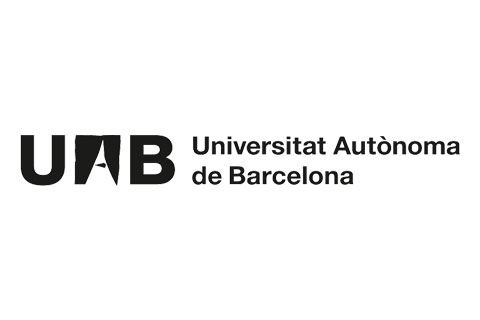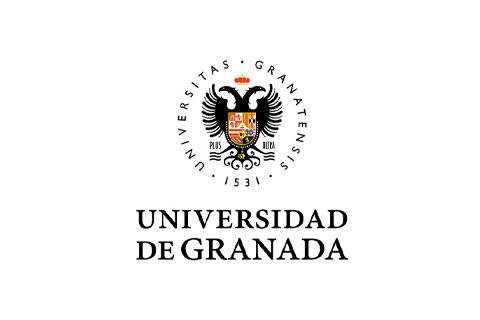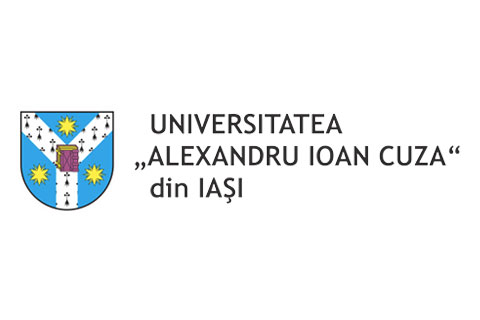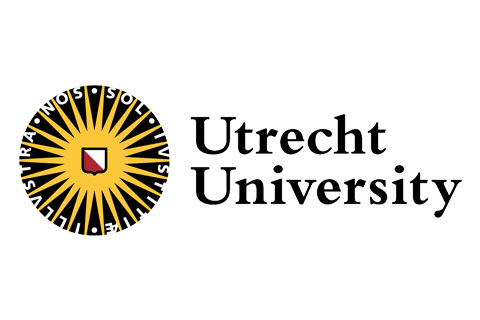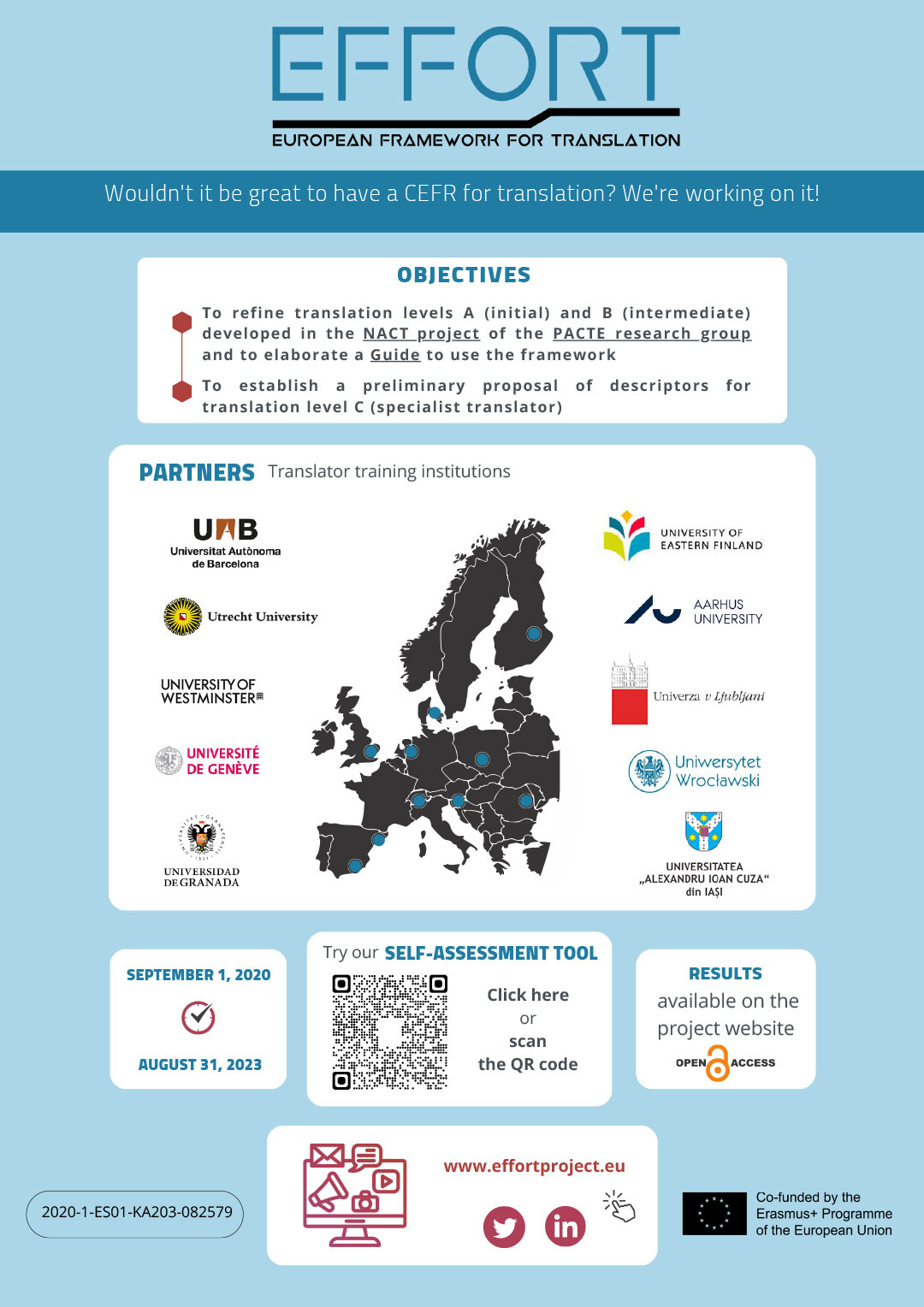European Framework for Translation
Description of the project
The Erasmus+ project EFFORT (“Towards a European framework of reference for translation”), which is part of Key Action KA2 of the Erasmus+ Strategic Partnerships (Higher Education) programme, is on the go.
Unlike language teaching, which has the Common European Framework of Reference for Languages (CEFR), in the case of translation there is no CEFR, nor is there a comparable research tradition in terms of establishing levels of performance. This project aims to refine written translation levels A (initial) and B (intermediate) developed in the NACT project (Nivelación de competencias en la Adquisición de la Competencia Traductora -traducción escrita – NACT – based on the project’s initials in Spanish) of the PACTE Group of the Universitat Autònoma de Barcelona, and to describe the translator’s areas of specialisation (legal, economic and financial, technical, scientific, and literary) and make a first proposal of descriptors for translation level C (specialist translator).
During the 36 months of the project (Sept 2020-Aug 2023), EFFORT has developed a reference framework describing the key competences in written translation. The aim is to create a common frame of reference that will promote internationalisation in the academic and professional world that can be used beyond the European Union. The EFFORT project is coordinated by the Universitat Autònoma de Barcelona (UAB) and has 9 other European partners (translation training centres): Universidad de Granada (UGR, Spain), Uniwersytet Wroclawski (UWr, Poland), Universitatea Alexandru Ioan Cuza Din Iasi (UAIC, Romania), University of Westminster (UoW, United Kingdom), Université de Genève (UNIGE, Switzerland), Univerza V Ljubljani (UL, Slovenia), Aarhus Universitet (AU, Denmark), Ita-Suomen Yliopisto (UEF, Finland), and Universiteit Utrecht (UU, The Netherlands).
In addition, it has 28 partner translation training institutions and 4 collaborating professional bodies: the International Federation of Translators (FIT Europe); the European Language Industry Association (ELIA); the Chartered Institute of Linguists (CIOL), and the Instituto Cervantes.
Contact us
Highlights / Last News
